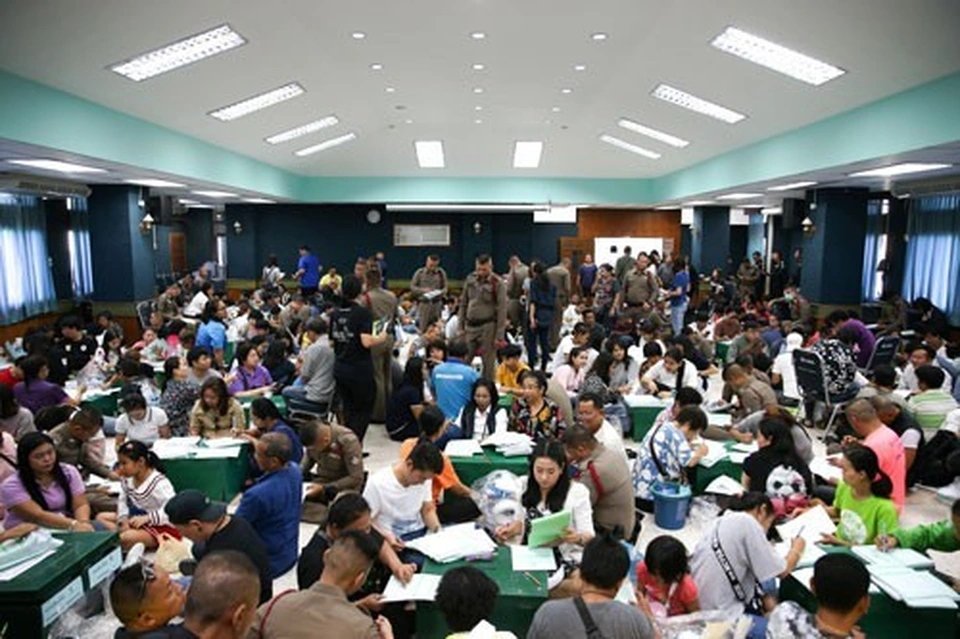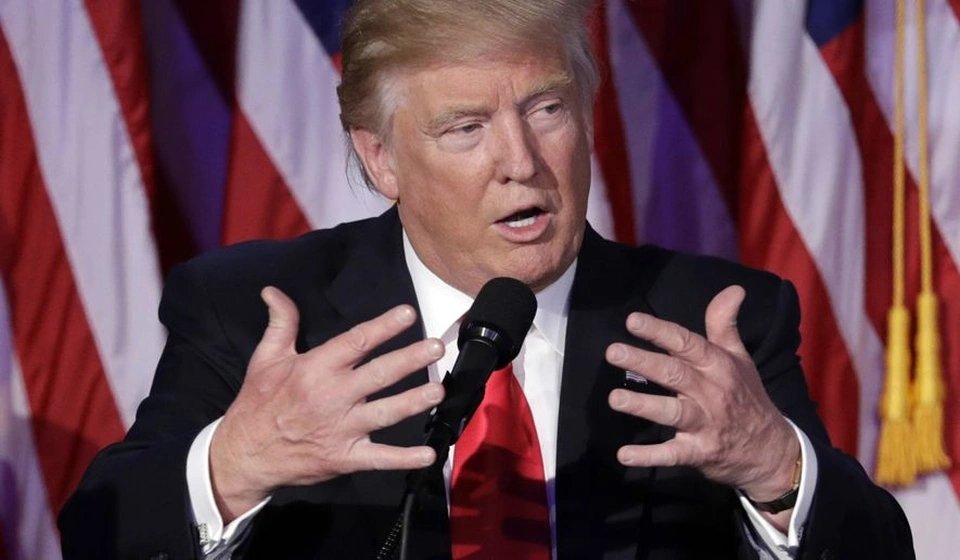
The complex electoral system makes it very difficult for one party to win a majority of seats in both houses of the Thai parliament.
On March 24, Thai voters will participate in the first general election since 2011, although not many people expect the birth of a new government to help this Southeast Asian country’s politics be more stable after
According to The Straits Times, 80 parties will compete for 500 lower house seats while the current military government will appoint 250 senators.
There are up to 68 candidates running for the position of prime minister, but analysts say that only 5 faces have the most chance of winning, including: current Prime Minister Prayut Chan-o-cha (Palang Pracharat Party), former Prime Minister
An area in the capital Bangkok – Thailand on March 23 prepares for the general election Photo: REUTERS
March 22 is the last day election campaign rallies are allowed to take place.
Not far from this location, the last election campaign rally of the Pheu Thai Party close to former Prime Minister Thaksin Sinawatra also took place.
Many analysts predict that the Pheu Thai Party will win the most seats in the House of Representatives while the Democratic Party ranks 2nd or 3rd. However, the complex electoral system mentioned above makes it very difficult for one party to win a majority of seats in the House of Representatives.
In the election video released earlier this month, Mr. Abhisit affirmed that he does not support Mr. Prayuth to continue as prime minister.
AP commented that the birth of a post-election coalition government could push Thai politics into a new unpredictable period.
Mr. Prajak Kongkirati, an expert at Thammasat University, said that no matter which party wins, the new government will still be difficult to be strong and stable.
According to Hoang Phuong
Laborer





